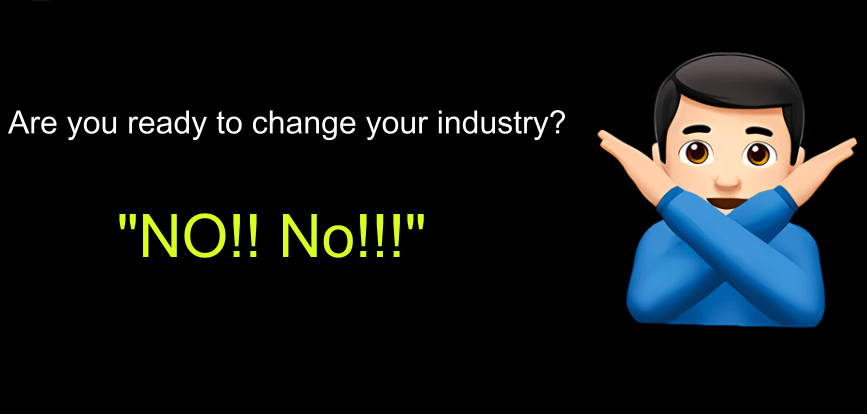Whether you're drawn to the stability of a large corporation or the flexibility of a smaller startup, the decision between big and small companies will significantly impact your career. This guide breaks down key differences to help you decide where to start your journey.
Entering the job market is a critical step for any college graduate, and deciding between working for a large or small company can be challenging. Each type of organization offers different experiences that can shape your career in various ways. Big companies often provide structure and stability, while smaller companies offer flexibility and a broader range of responsibilities. Here’s a breakdown of the differences and how to choose the best path for your career growth.

Organizational Structure
Big Companies: Large employee numbers lead to complex, hierarchical structures. Roles are often narrowly defined, such as separate departments for accounting, finance, and marketing.
Small Companies: With fewer employees, roles are less specialized, and employees often handle multiple responsibilities. Organizational structure tends to be flat, offering more flexibility.
Company Policies
Big Companies: Due to their size, big companies implement formal rules and guidelines, often documented in detailed manuals. Clear Standard Operating Procedures (SOPs) help new employees get up to speed quickly.
Small Companies: Small organizations are typically more flexible in their policies, adjusting rules based on real-time circumstances and the preferences of the leadership.
Salary and Benefits
Big Companies: Pay is structured based on job level, with clear skill requirements and salary caps. Benefits are designed to comply with labor laws.
Small Companies: Salaries and benefits may be less standardized but offer more flexibility, especially if you take on more varied responsibilities.
Conclusion
When choosing between big and small companies, consider the differences in work responsibilities, salary, company policies, and growth opportunities. While big companies offer stability and clear direction, small companies provide a more dynamic, learning-intensive environment. By understanding your own career goals and work preferences, you can make the right choice for your future.







